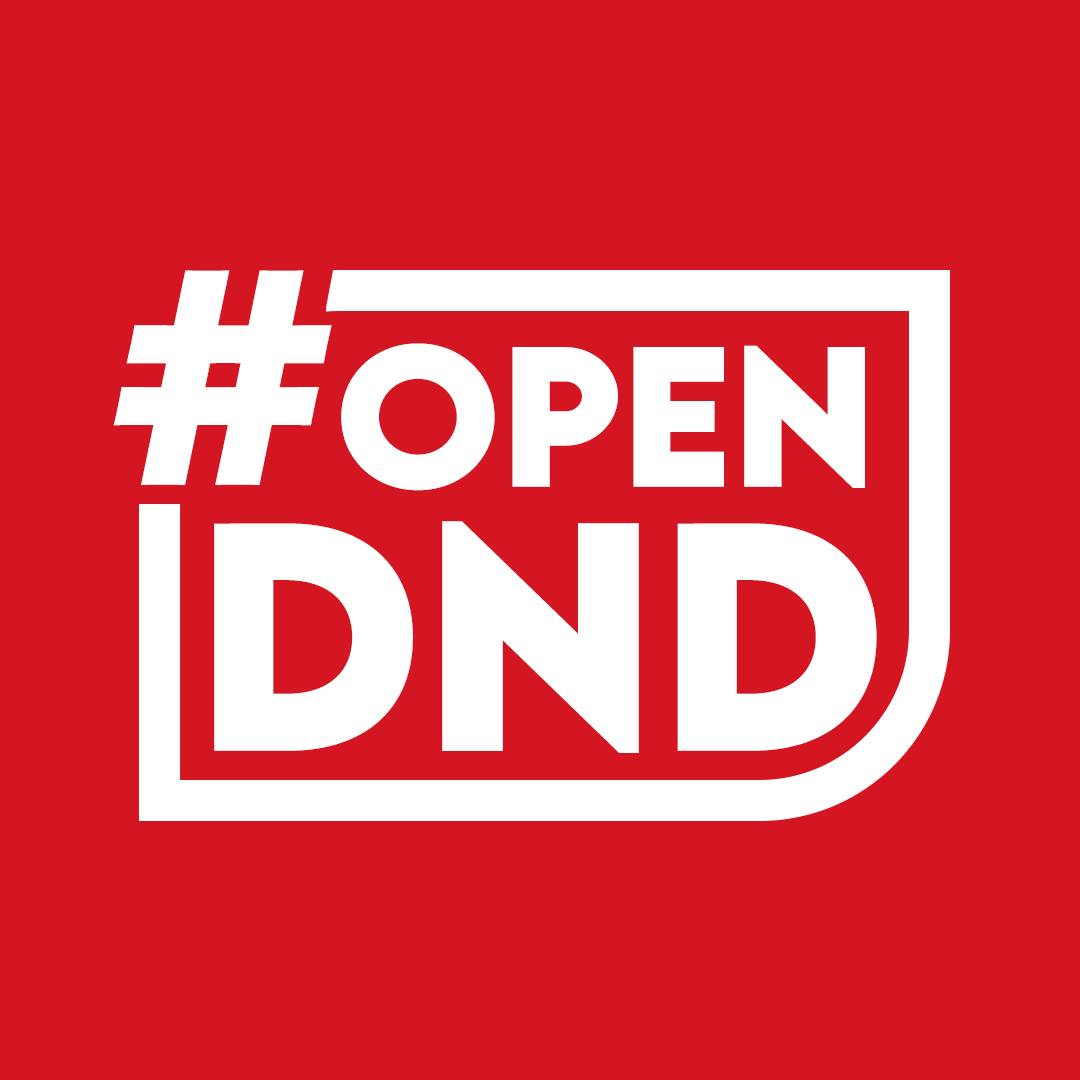That letter gives me SO MUCH HOPE.
Also the Class Action against Wizards would probably be amazing if Wizards pressed the matter, based on the letter.
Also the Class Action against Wizards would probably be amazing if Wizards pressed the matter, based on the letter.




